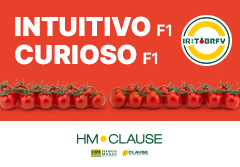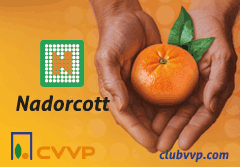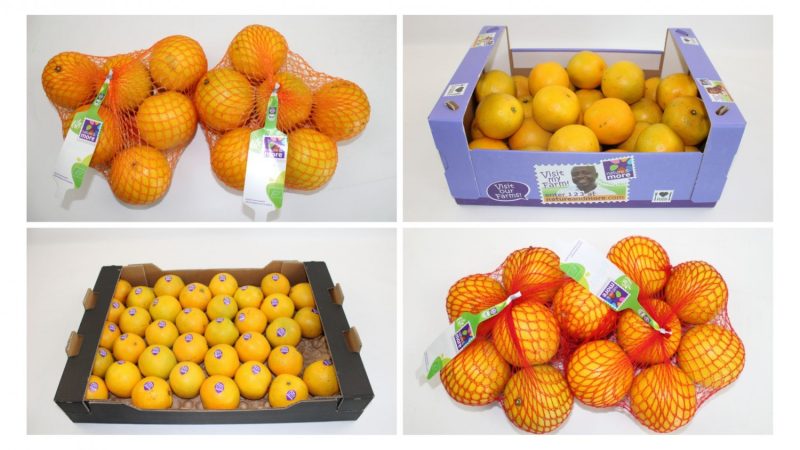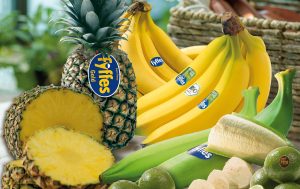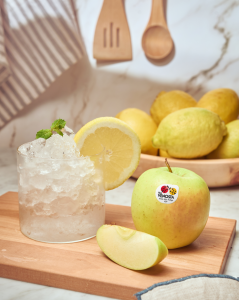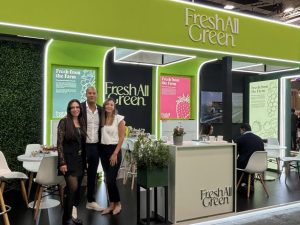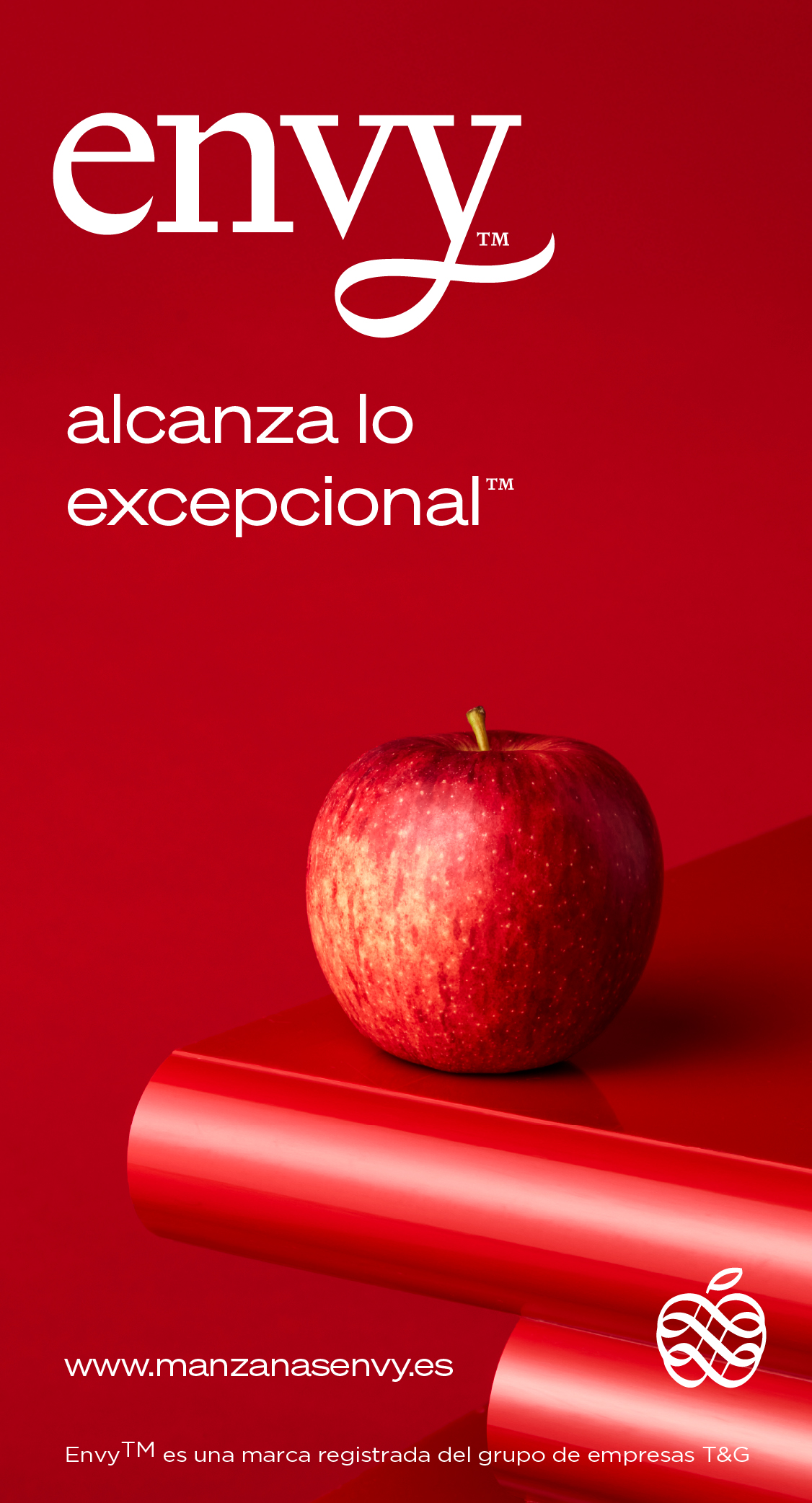Produced in close partnership with Peruvian grower Kivinaki, the distinctive golden-yellow oranges, with a hint of green, are cultivated using only natural rainfall – instead of the irrigation methods used for much of the world’s citrus – making them a more water-efficient choice.
Grown by a cooperative of small and medium-scale farmers under Fairtrade-certified conditions, they reflect Eosta’s strong commitment to sustainable and socially-responsible farming. With 45% juice content and a good Brix level, they offer premium flavor and performance – a distinctive proposition for European buyers.
Peke van Beek, Senior Product Manager Eosta, said: “We have working closely with Kivinaki for over two years now to setup this project. They invested in their packhouse and packing line with support from the Peruvian government.
“Jucy Gold oranges stand out from other Valencia oranges on the European market thanks to their unique combination of origin, visual appearance, and growing method. Compared with a typical 30-42% for South Africa-grown Valencias, Jucy Gold oranges also have a consistently high 45% juice content.”
Consistently high juice content
Grown in the tropical Chanchamayo Valley, Jucy Gold oranges develop a distinctive golden- yellow skin with a hint of green, which sets them apart from the deep orange hue typically seen in fruit from Spain or South Africa. This lighter colour is a natural result of the warm nights and smaller temperature fluctuations in the region and does not affect internal ripeness or quality.
Until a few years ago, Kivinaki was primarily a coffee grower. But after a disease hit the coffee plants, they decided to diversify, adding organic oranges alongside coffee. The seasonal fit was ideal: one part of the year is dedicated to oranges, the other to coffee, grown by the same farmers.
With consistently high juice content – 45% – and a good Brix level, Kivinaki previously focused on the juice segment, but the company has now made the decision – in collabora- tion with Eosta – to make its outstanding Jucy Gold oranges available to the fresh market.
Organic Raingrown
Unlike European oranges, another key advantage offered by the Jucy Gold fruits is that they are raingrown. For many of citrus-growing regions supplying the European market, water scarcity is a growing issue, meaning many producers reply on irrigation. Kivinaki Organic Raingrown Jucy Gold oranges offer a sustainable alternative to current methods.
According to Gert-Jan Lieffering, Sustainable Sourcing Manager at Eosta, the Organic Raingrown concept addresses the water crisis in two key ways. First, by relying solely on natural rainfall, it eliminates the need for irrigation and avoids pressure on freshwater sources such as rivers, aquifers and reservoirs. This is especially relevant for crops such as citrus and avocados, which are typically grown with irrigation in regions facing water stress.
RELATED NEWS: Eosta announces large-scale emissions reductions across global business
Second, organic farming methods naturally support better water retention. “By avoiding synthetic chemicals and focusing on soil health, organic systems improve soil structure and increase its capacity to absorb and retain moisture,” explained Lieffering. “This means rainwater is used more efficiently and sustainably.
“Jucy Gold oranges from Peru are a prime example: organically grown and 100% rain-fed, they combine premium juice quality with a cultivation method that helps protect one of our most precious resources – water.”
The first full shipment of Organic Raingrown Jucy Gold oranges arrived at Eosta’s ware- house in Week 32 and initial feedback from customers has been positive. Imports will continue with one container per week during the import season with the oranges being distributed to grocery retail, specialized organic stores, and wholesale outlets.






